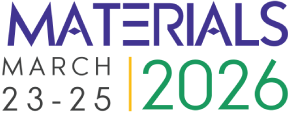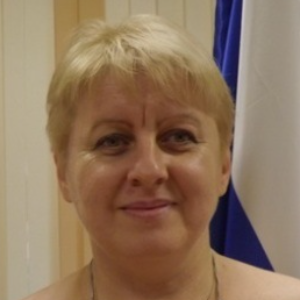Title : Nanomaterials in Nuclear Technologies and Radioecology
Abstract:
Radioactive waste is a byproduct of nuclear power generation and applications of various radioactive materials in many commercial sectors. This waste has been strictly regulated as a highly hazardous material to all forms of life as well as the environment. The technologies currently adopted for managing radioactive waste are mainly based on segregation and storage. Ideally, radioactive waste should be isolated from entering the environment, but there has been slow progress toward sustainable waste management. Nanomaterials, with unique physical and chemical properties, such as the nanosize effect, large specific surface area, and high reactivity and selectivity, have become new materials for radioactive wastewater decontamination. Therefore, this review aims to provide a comprehensive overview and analysis of a newer generation of nanomaterials that have been demonstrated to be effective for radioactive wastewater decontamination, such as carbon-based nanomaterials, metal nanoparticles, nanosized metal oxides, metal sulfides, nanosized natural materials, layered double hydroxides, hydroxyapatite nanoparticles, metal–organic frameworks, cellulose nanomaterials, and biogenic nanocomposites. Although many different types of nanomaterials have been developed, their engineering feasibility toward radioactive wastewater decontamination has not yet been demonstrated for real-world large-scale applications. Lastly, the challenges associated with the applications of nanomaterials for radioactive wastewater decontamination have been discussed in detail while shedding light on future research directions. Key results concerning large-scale application of nanomaterials in nuclear engineering are reviewed. The data on redox reactions of uranium and actinides in solutions and solid-phase transformations for the development of modern technologies for fuel reprocessing and handling of alkaline radioactive waste are discussed. The information concerning various methods for treatment of liquid radioactive waste with nanostructured sorption materials (carbon materials included) is also presented.



